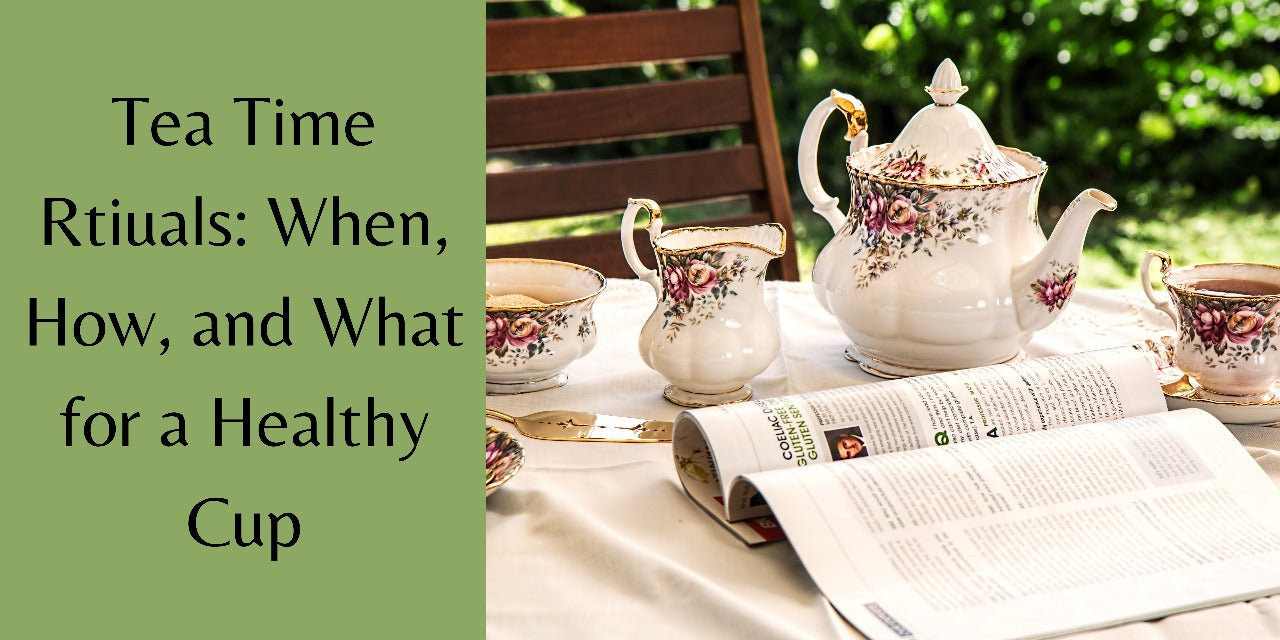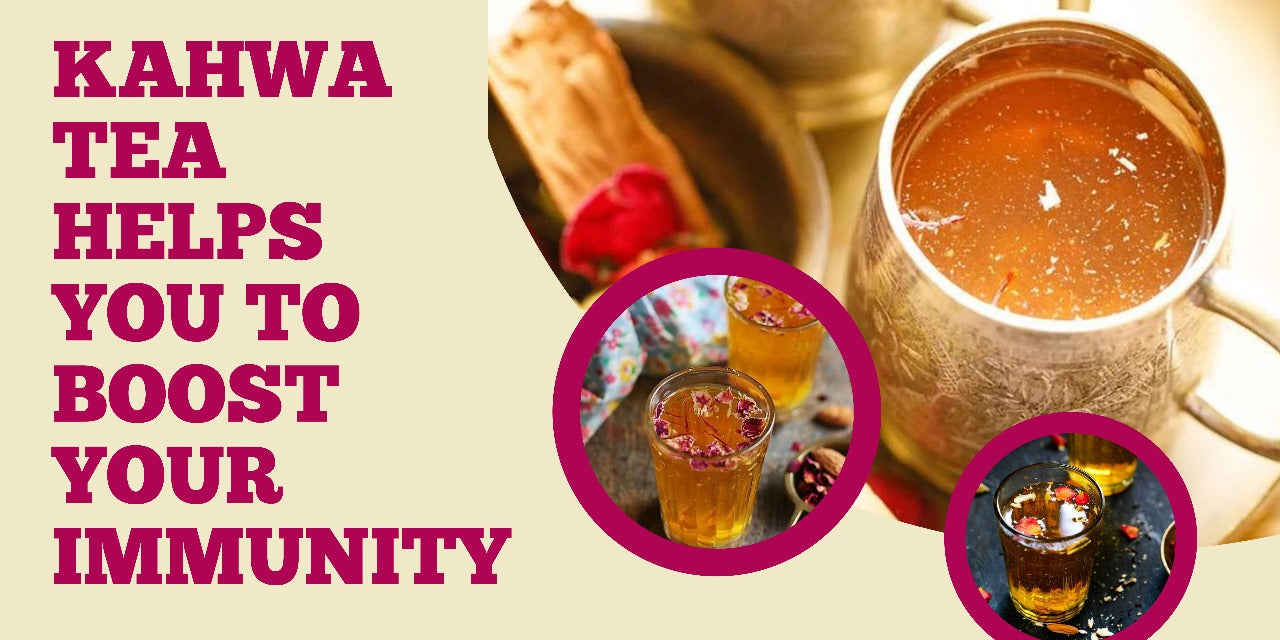Blood pressure, or hypertension, is a widespread health issue impacting millions globally. It poses a substantial risk for a variety of cardiovascular diseases. While conventional approaches like medication and lifestyle modifications are commonly recommended, natural remedies such as tea can play a beneficial role in managing high blood pressure. In this comprehensive guide, we will explore the best teas for high blood pressure and their potential health benefits.
Understanding High Blood Pressure
High blood pressure arises when the pressure of blood against artery walls remains consistently elevated. This is usually assessed through two measurements: systolic blood pressure (SBP) and diastolic blood pressure (DBP). A typical blood pressure reading for most adults is under 120/80 mmHg. Readings persistently surpassing 130/80 mmHg are indicative of high blood pressure.
The Role of Tea in Blood Pressure Management
Tea, a beloved beverage enjoyed by many, offers more than just a delightful taste. Certain types of tea have been found to have properties that can help lower or normalize blood pressure. The antioxidants found in tea, particularly flavonoids, are believed to contribute to its potential health benefits. Let's explore some of the best teas for high blood pressure and their effects on blood pressure management.
Green Tea: A Heart-Healthy Brew
Green tea, derived from the leaves of the Camellia sinensis plant, is well-known for its numerous health benefits. It is rich in catechins, a type of flavonoid with potent antioxidant properties. Research suggests that regular consumption of green tea may help lower blood pressure. A meta-analysis of several studies found that green tea consumption resulted in a significant reduction in both systolic and diastolic blood pressure. The study also revealed that the longer green tea was consumed, the greater the reduction in blood pressure.
To incorporate green tea into your routine, steep a tea bag or loose tea leaves in hot water for a few minutes. Savor it as is or enhance the flavor with a splash of lemon—your choice! Aim to drink at least one to two cups of green tea daily to potentially experience its blood pressure-lowering benefits.
Hibiscus Tea: A Vibrant and Powerful Brew
Hibiscus tea, made from the dried petals of the hibiscus flower, is not only visually appealing with its vibrant red color but also offers potential health benefits. It contains anthocyanins and other antioxidants that may help relax blood vessels, leading to a reduction in blood pressure. Several studies have shown that regular consumption of hibiscus tea is associated with a notable decrease in both systolic and diastolic blood pressure.
To prepare hibiscus tea, steep dried hibiscus petals in hot water for several minutes. You can enjoy it warm or over ice, and if desired, add a touch of honey or a squeeze of lime for added flavor. Incorporating hibiscus tea into your daily routine may contribute to better blood pressure management.
Oolong Tea: A Hidden Gem
Oolong tea, a traditional Chinese tea, is a lesser-known but equally beneficial option for managing high blood pressure. Like green tea and black tea, oolong tea is derived from the Camellia sinensis plant and is rich in antioxidants. Although research specifically on oolong tea and blood pressure is limited, its antioxidant content suggests that it may have similar benefits to other types of tea in reducing hypertension.
To enjoy oolong tea, steep the leaves in hot water for several minutes. The flavor profile of oolong tea can range from light and floral to rich and robust, depending on the specific variety. Experiment with different oolong teas to find the taste that suits your preferences. Aim to consume at least one cup of oolong tea per day as part of your blood pressure management routine.
Rooibos Tea: A Caffeine-Free Delight
Rooibos tea, or red bush tea, hails from South Africa and is your caffeine-free herbal delight. It is rich in antioxidants and has been associated with various health benefits, including potential effects on blood pressure. Although limited research is available specifically on rooibos tea and blood pressure, its antioxidant properties suggest a positive impact on cardiovascular health.
To prepare rooibos tea, steep the leaves in hot water for several minutes. Rooibos tea has a naturally sweet and nutty flavor, making it a delicious and caffeine-free alternative to traditional teas. Enjoy it plain or with a touch of honey or lemon to enhance the taste. Incorporating rooibos tea into your daily routine may contribute to a holistic approach to managing high blood pressure.
Herbal Teas: A Natural Path to Blood Pressure Management
In addition to true teas derived from the Camellia sinensis plant, various herbal teas offer potential benefits for blood pressure management. These herbal teas, made from a variety of plants and herbs, can provide a relaxing and enjoyable way to support overall cardiovascular health. Let's explore some of the herbal teas that have been associated with blood-pressure-lowering effects.
Chamomile Tea: A Soothing Brew
Chamomile tea, made from the dried flowers of the chamomile plant, is renowned for its soothing properties. It is often used to promote relaxation and alleviate stress, which indirectly may benefit blood pressure. Chamomile tea contains flavonoids and other compounds that contribute to its therapeutic effects. Research suggests that chamomile tea may have anti-inflammatory and antioxidant properties, which can potentially support blood pressure regulation.
To prepare chamomile tea, steep the dried flowers in hot water for several minutes. Chamomile tea has a mild and floral taste, making it a calming beverage to enjoy before bed or during moments of relaxation. Incorporating chamomile tea into your daily routine may contribute to stress management and indirectly support healthy blood pressure levels.
Lemon Balm Tea: A Refreshing Option
Lemon balm tea is derived from the leaves of the lemon balm plant, which belongs to the mint family. It has a delightful citrusy flavor and is known for its calming and mood-enhancing properties. While limited research specifically focuses on lemon balm tea and blood pressure, its potential calming effects may indirectly contribute to blood pressure management.
To prepare lemon balm tea, steep the leaves in hot water for several minutes. Lemon balm tea can be enjoyed both hot and cold, and you can add a hint of honey or fresh lemon juice to enhance the flavor. Incorporating lemon balm tea into your daily routine may provide a refreshing and calming experience while potentially supporting healthy blood pressure levels.
Hawthorn Berry Tea: A Heart-Healthy Brew
Hawthorn berry tea is made from the berries of the hawthorn tree, which has long been used in traditional medicine to support heart health. It is believed that hawthorn tea may help dilate blood vessels, improve blood circulation, and contribute to lower blood pressure. While more research is needed to fully understand its mechanisms of action, hawthorn berry tea is a popular choice among those seeking natural remedies for hypertension.
To prepare hawthorn berry tea, steep the berries in hot water for several minutes. Hawthorn berry tea has a slightly sweet and tart flavor, making it a pleasant and heart-healthy beverage to enjoy throughout the day. Incorporating hawthorn berry tea into your daily routine may contribute to a holistic approach to managing high blood pressure.
Additional Lifestyle Factors for Blood Pressure Management
While incorporating the best teas for high blood pressure into your routine is a valuable step in managing hypertension, it is essential to remember that they work best within a holistic approach to health. Lifestyle factors such as maintaining a balanced diet, engaging in regular physical activity, managing stress levels, and getting adequate sleep all play a crucial role in blood pressure management. Additionally, it is important to consult with a healthcare professional before making significant dietary changes, especially if you are already taking medication for high blood pressure.
Conclusion
Incorporating tea into your daily routine can be a delicious and enjoyable way to support blood pressure management. Green tea, hibiscus tea, oolong tea, rooibos tea, and various herbal teas offer potential benefits for those with high blood pressure. These teas contain antioxidants and other compounds that may help relax blood vessels, reduce inflammation, and contribute to overall cardiovascular health. By combining the best teas for high blood pressure with a balanced lifestyle, you can take proactive steps towards maintaining healthy blood pressure levels and promoting your overall well-being. Remember to consult with a healthcare professional for personalized advice and guidance on incorporating teas into your blood pressure management routine.




